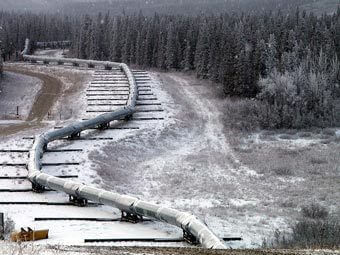National Grid issued emergency warnings last week when snow and freezing temperatures caused a gas crunch in the UK. With great tact, Big 6 company E.on chose the same week to hike average energy bills up to £1,150.
This gas crunch was itself an outcome of burning fossil gas and accelerated climate change – specifically
- Freezing conditions delayed gas deliveries
- Low temperatures meant people burnt more gas to heat their homes
- Falling gas extraction in Netherlands, following earthquakes caused by Shell’s drilling for gas.
What does the gas crunch mean for energy bills?
Rising wholesale gas prices will probably lead to energy bills being hiked. In the good years when gas prices were low, E.ON, British Gas and SSE pocketed the savings as profits. But now as wholesale prices rise – costs are passed on to the public.
Everybody agrees that there’s a problem with bills in the UK: the Competition & Markets Authority, Citizens Advice, Theresa May, Jeremy Corbyn. Electricity and gas networks especially are walking off with large profits, while people are freezing and NHS picks up the tab when people get sick.
Who owns the gas grid?
The gas grid in London, Midlands and North West England was sold last year by National Grid to Australian investment bank Macquarie, Chinese state and Qatar. Energy grids have a record of extracting billions in dividends, and not investing for the future.
In sensible countries like Denmark, heat is seen as so important that it’s run not-for-profit. Instead of selling it off to private banks and sovereign wealth funds, heat networks are run by local councils or co-ops. It turns out this is more efficient and don’t users get ripped off.
Britain’s cold leaky homes
Why are our homes so cold and leaky? Nowhere else in Europe are homes so badly insulated. In countries like Finland and Sweden, this level of snow is is bog-standard, but their homes are warm.
As our weather becomes more extreme, we need to assert that staying warm is a human right.
Too dependent on gas
The gas crunch last week made clear that we’ve got too many eggs in the same basket, and are over-reliant on gas for heating, for electricity, for industry. We were lucky that the wind was blowing pretty hard, so at least all those turbines were churning out electricity, reducing demand from gas plants.
But it’s about time we reduced our dependence on fossil gas. Winter weather is getting colder, gas prices are volatile and burning gas accelerates climate change.
Public ownership of energy can help transform our heat and electricity systems – delivering cleaner power, better jobs and lower bills.